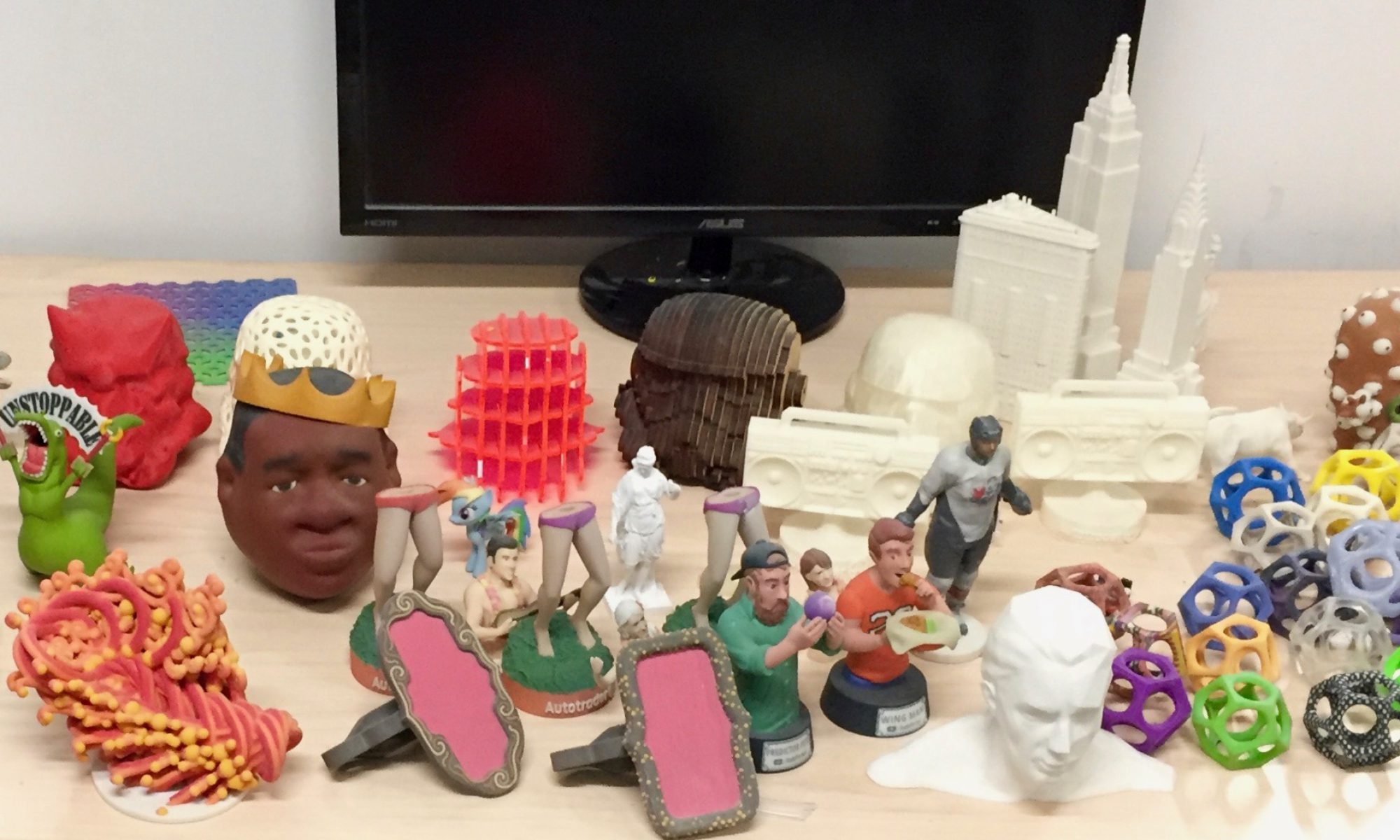
Why is Beyoncé so polarizing? This post over at Salon sums it up so well:
We don’t trust each other. But we need each other so much. That’s a scary place to be. And in comes Beyoncé, ripping off the band-aids to wounds that we have become conditioned to avoid rather than to confront and to heal. When she invites us to say FTW, “I woke up like this,” she invites black female vulnerability into the picture. It is an invitation to whip out our arms and legs and hearts, to flex, to stunt, to revel in our flawlessness. And to show our scars. It requires trust.
If you are an incessantly single professional black woman who is living out the realities of those statistics that are merely news fodder for everyone else, it is hard (if you’re straight and/or into masculine-identified folks) not to watch Beyoncé embracing her hubby around the neck on the video for “Drunk in Love,” without longing for that kind of touch in your own life. If you’re a 30-something feeling the pull of your biological clock, the video “Blue” featuring a laughing and ebullient Blue Ivy will make your ovaries scream. If you’re a dark-skinned black woman with a certain kind of fraught history with light-skinned black women, the video for “Pretty Hurts,” and the kind of empathy that it urges for light-skinned Beyoncé might just be rage-inducing. And if you are particularly sensitive to the ways that black women come for each other, then hearing Beyoncé instruct bitches to bow down, might just take you over the top.
Beyoncé means a lot to us. She triggers a lot for us: about desire and beauty and skin color politics and access and being chosen and being the cool kid. Because representations of black female subjectivity are so paltry in pop culture, the mainstream doesn’t know that we struggle with this kinda shit, too. Nerdy girls resent the popular pretty girls. We grow up to become feminists who are beautiful in our own right, to critique patriarchy and challenge desire. And we have a sort of smugness that says, the pretty girl who gets the guy can have all that, but she can’t be radical. That Beyoncé would even want to means she has stepped out of her lane, and lanes matter greatly.
How do we make space for black women’s awe and admiration and jealousy and desire and fear? How do we acknowledge that we have spent so much time debating whether she gets to be a feminist because the power to say who is in and who is out is in fact power? And in a world where it seems black women rarely can have it all, determining who gets to do and to have, matters.
I personally think Beyoncé is as valid a representation of (black) feminism as the fictional character Olivia Pope on ABC’s Scandal. They both embody feminism in complicated, sometimes contradictory ways–but, seriously, isn’t that true for anyone who purports to be a feminist?
As I said on Twitter, the issue is that there are so few non-stereotypical depictions of black women in popular culture that those who do break through those stereotypes, including Beyoncé, often bear much too heavy of a load.
